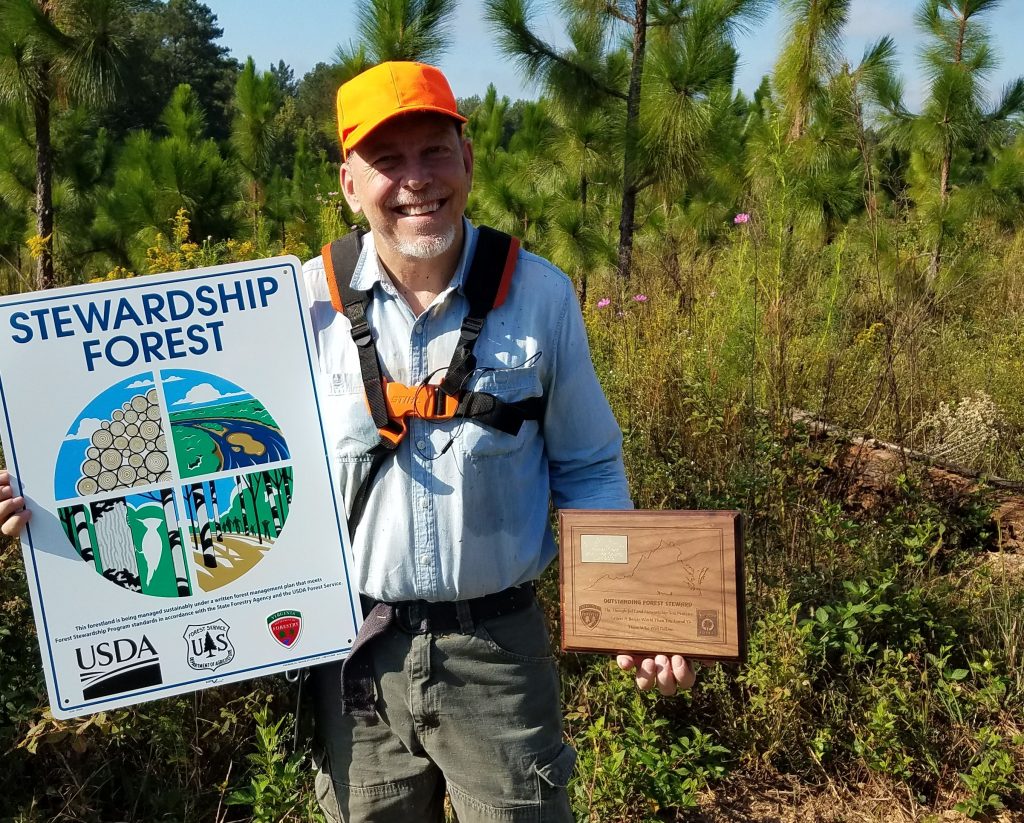
I know that I harp on this, but I think it so important. MOST people got it wrong when they think about forests, harvests & markets. Far from harming forest health, strong markets mean healthy forests and lack of harvests leads to widespread decline, disastrous fires & forest killing insect attack.
Saving paper doesn’t save trees
“Don’t print. Save a tree.” If you have that on your email, you are mistaken. There are good reasons not to waste paper, but these are related to energy costs and use of chemicals in paper manufacture. You do NOT save trees by saving paper. You do NOT save forests by using less wood. Of course, there are nuances.
Harvests and deforestation are not the same things. Deforestation for wood production simply is no longer an important issue in Europe or North America. To the extent that deforestation is an issue at all it results from forest being converted to other uses.
Real threats to forests are not harvests
These days deforestation results from suburban expansion, road building, energy exploration and even for construction of solar farms. And forest ecosystem are destroyed by big fires and insect infestations.
Ironically, the “environmentally aware” guys who build beautiful homes in the woods, using bamboo, recycled wood or even hemp, drive electric cars powered by a nearby solar farm and use that car to drive to protests against forest harvests are much more destructive to forests than the guys operating the chainsaws.
Save forests, use more wood
If you want to improve the health of American forests, you should use MORE wood, stipulating that it come from forests managed according to ecological principles are in harmony with a strong land ethic. This includes most forests in North America. Things are not what they were in the exploitative old days, but people’s perceptions have not caught up.
Preserve some, use some steward all
Think of our American land in three categories. Some places are so unique that we should try to preserve them. I say “try” because nature is dynamic and cannot be preserved, but some places can be stewarded to keep the local environment much as it was in a time we found it or like to remember it. Some places will be used intensively. There will not be much free living nature in the center of a big city, in a mine or under a road. The disruption may be short-lived or long term, but we have to accept these as the cost of our living on earth. Both the preserved and the intensely used make up a prominent but relatively small part of the total land area.
Most land should be stewarded not only sustainably but regeneratively. We have learned to do this in forestry, especially over the last decades and we know how to do it in agriculture, although big challenges remain in implementing what we know and learning more.
Let me emphasize that this is a human hands-on exercise, but one informed by science, experience and land ethic.
I am certainly not content with the current state of forestry. We can always improve and we are always improving, but the way to improve is by being involved, not by standing aside.
And please take that inane saying about saving trees by saving paper off your emails.
